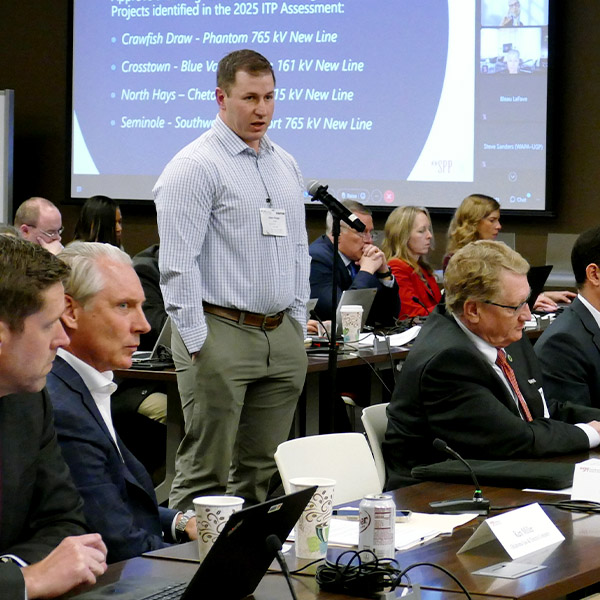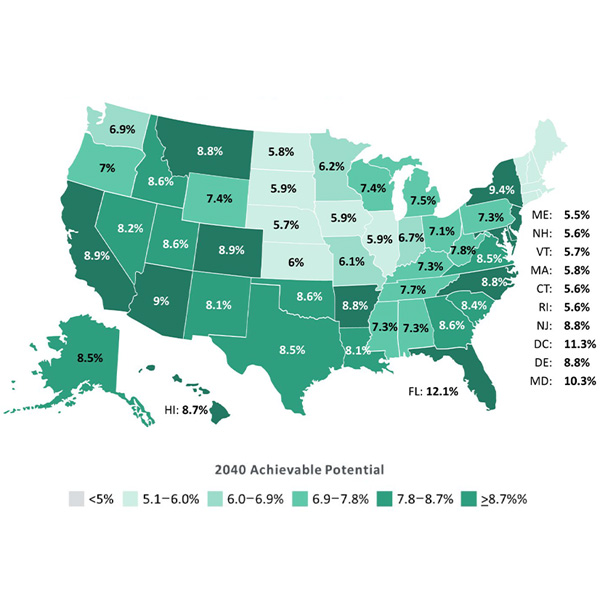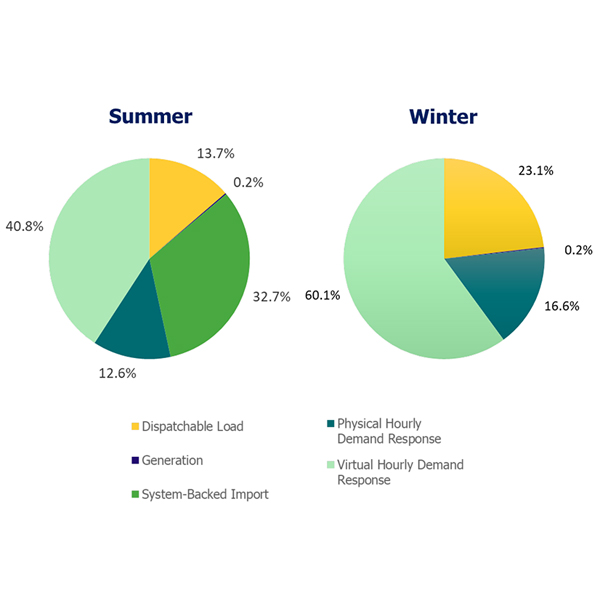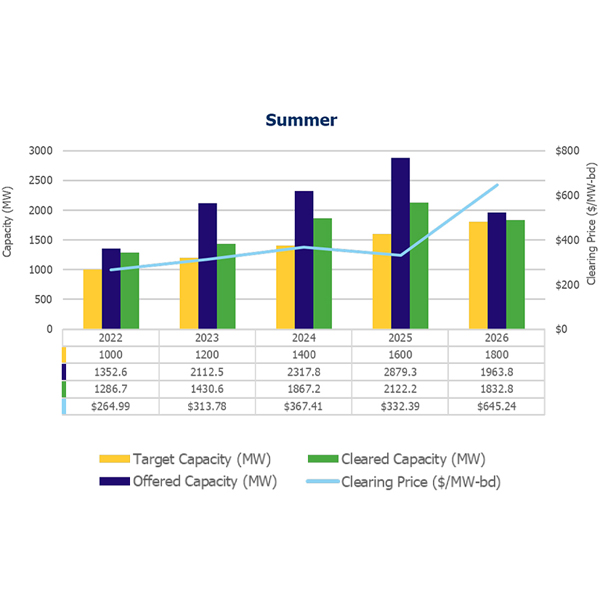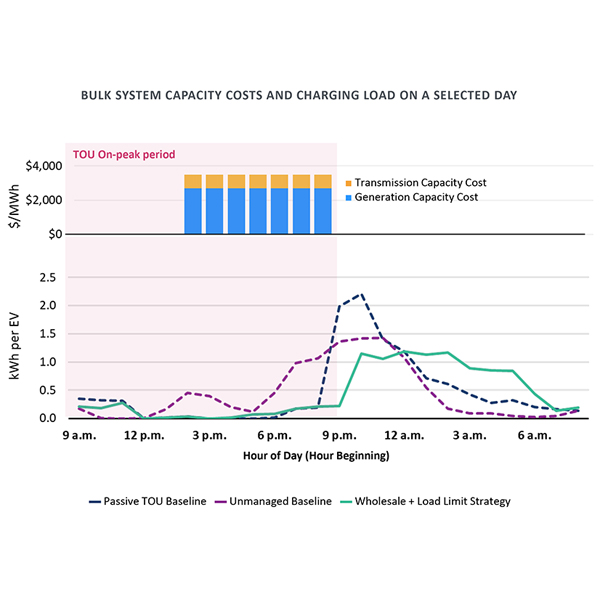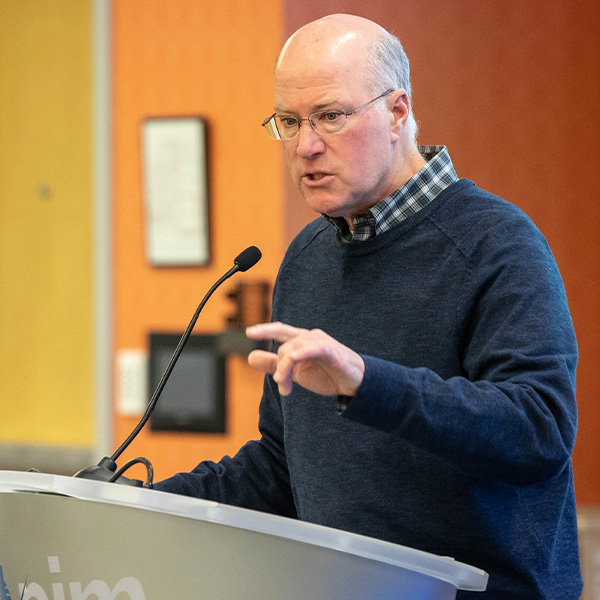Demand Response
SPP's Board of Directors approved a framework for demand response and peak demand assessments despite opposition from members and stakeholders.
PJM, Voltus and the RTO’s Independent Market Monitor presented proposals to establish penalties for demand response and price-responsive demand resources that fail to perform during a pre-emergency load management event.
Energy efficiency and load flexibility would be effective and cost far less than the new generation assets many jurisdictions are planning to build to meet anticipated load growth, a new report asserts.
IESO is reconsidering how it deploys hourly demand response following complaints over partial activations and an increase in standby notices.
IESO downgraded less than 100 MW of capacity for November’s auction in the first application of its Performance Adjustment Factor in both the winter and summer seasons.
PJM stakeholders kicked off discussions on creating a “backstop” auction to be held in September at the insistence of the Trump administration and the governors of the RTO’s 13 states.
Stakeholders have several lingering questions as MISO continues to draw up a “zero-injection” avenue for large loads with planned on-site generation.
EnergyHub and Brattle Group released a study based on a real-world test of different strategies for managing charges on distribution circuits, which found significant benefits from managed charging once EVs become more common in a neighborhood.
The PJM Market Implementation Committee endorsed an issue charge to evaluate whether manual revisions are warranted, among other business conducted in the committee's most recent meeting.
Gov. Wes Moore issued an executive order calling for reforms to boost electricity supply and ensure affordability, which will be implemented in part by the new executive director at the Maryland Energy Administration, Kelly Speakes-Backman.
Want more? Advanced Search
